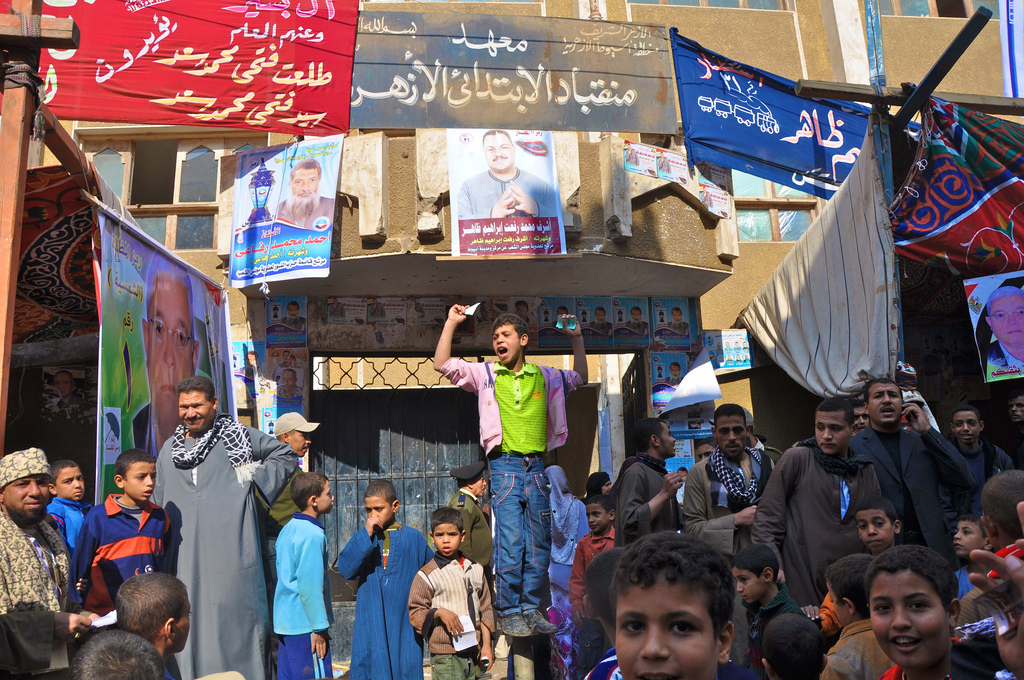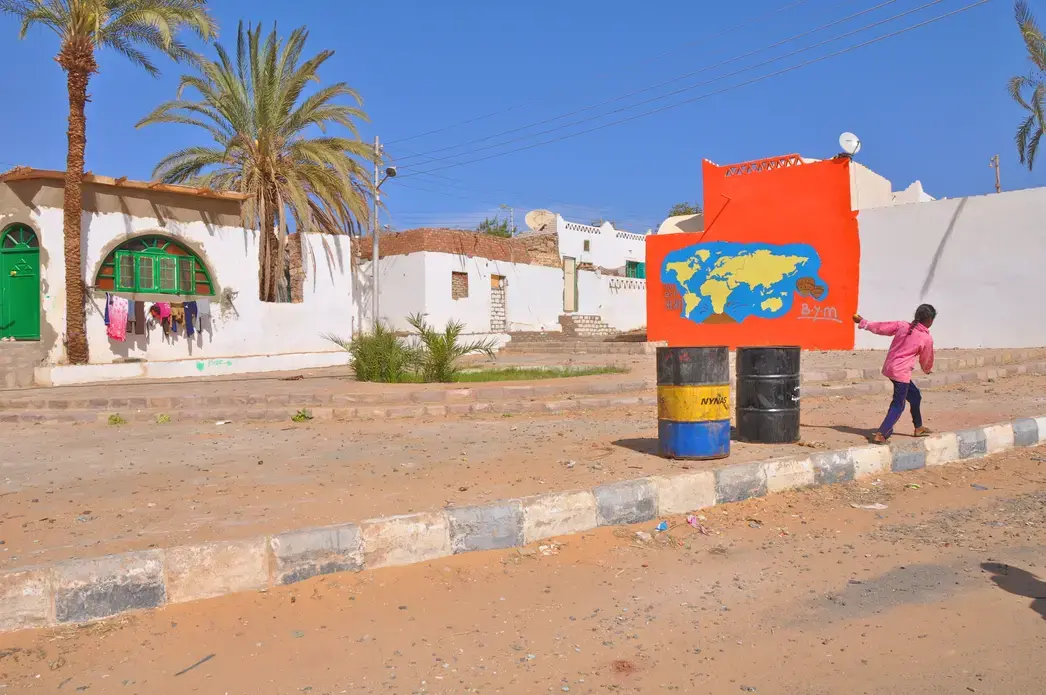Hugging the border of Sudan is Egypt's famed Aswan High Dam. For many Egyptians, it's a gushing symbol of teeming national pride. For Nubians, African descendants of one of the most ancient civilizations in the world, the landmark is instead a monochrome reminder of loss and displacement. In the 1960s, the Egyptian government submerged many Nubian villages to make way for the construction,of the dam displacing tens of thousands.
Nubian Egypt, which stretches about 200 miles from the Sudanese border north to the city of Aswan, still carries with it distinct customs and a language that is close to becoming extinct. Most Nubians cry that political leaders have failed them, never properly offering compensation for their lost land, let alone recognition of their existence in Egypt. Many complain of systemic discrimination at the hands of Arabs who've denied them jobs and government posts in the region, relegating them to a mere servant class – they move to the bustling capital of Cairo to work as butlers or doormen known as "bowabs."
With the country barely slouching toward progress, some Nubians believe that now isn't the time to press for their rights, while others dream of a more impassioned fight.
Hagg Essam, 76, falls somewhere in the middle. He sits in his village of Medinat Salam in Abu Simbel, still tending to his livestock. A wide expanse of never-ending green reflects off his coke-bottle glasses. "At the end of the day, we're all Egyptians," he says, his near-onyx wrinkled skin curling back to his eyes when he squints at the sun. "But equality in this country is something that's always hard to reach, always a little impossible."











































